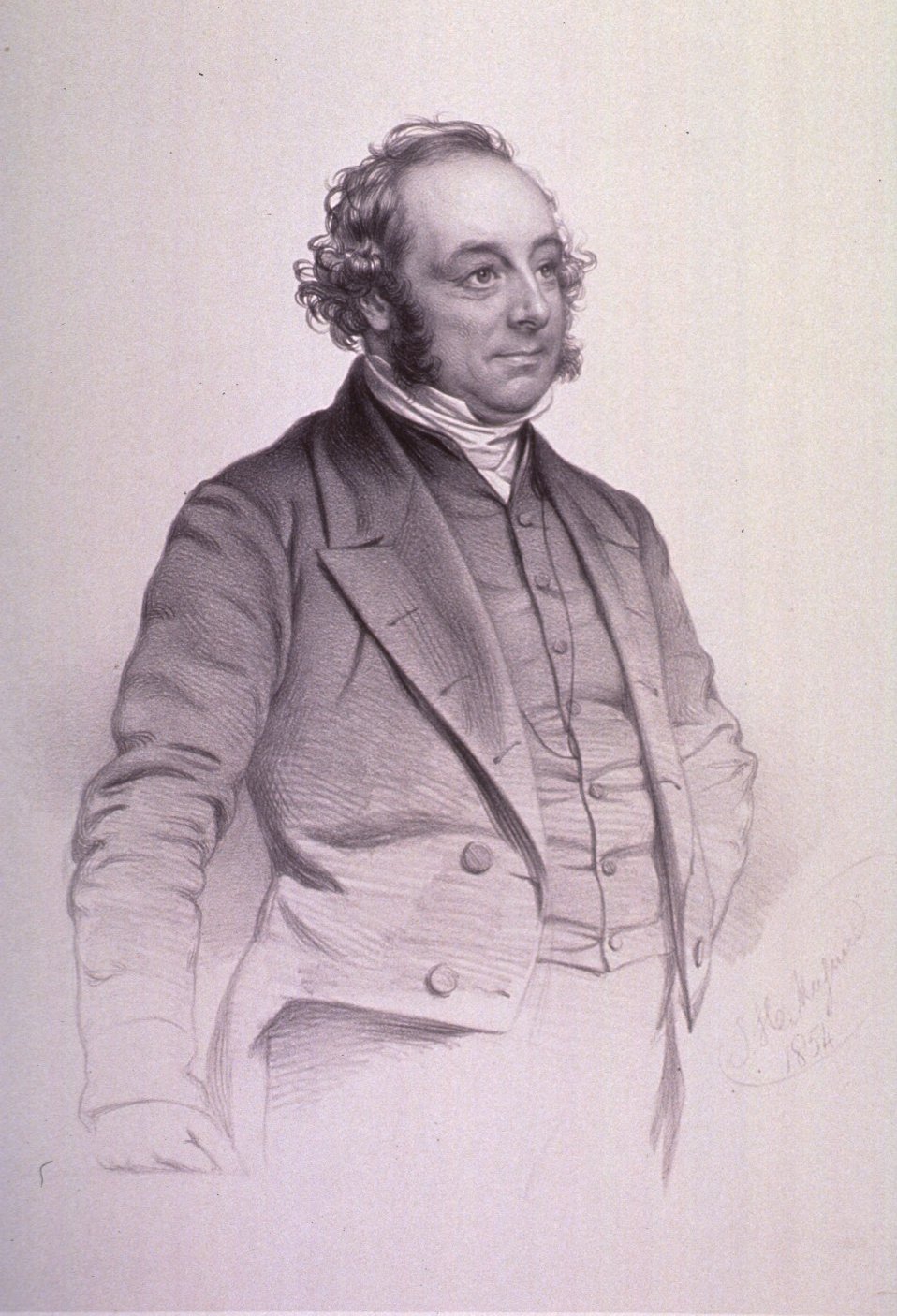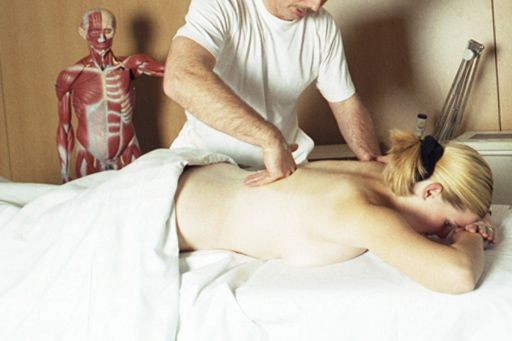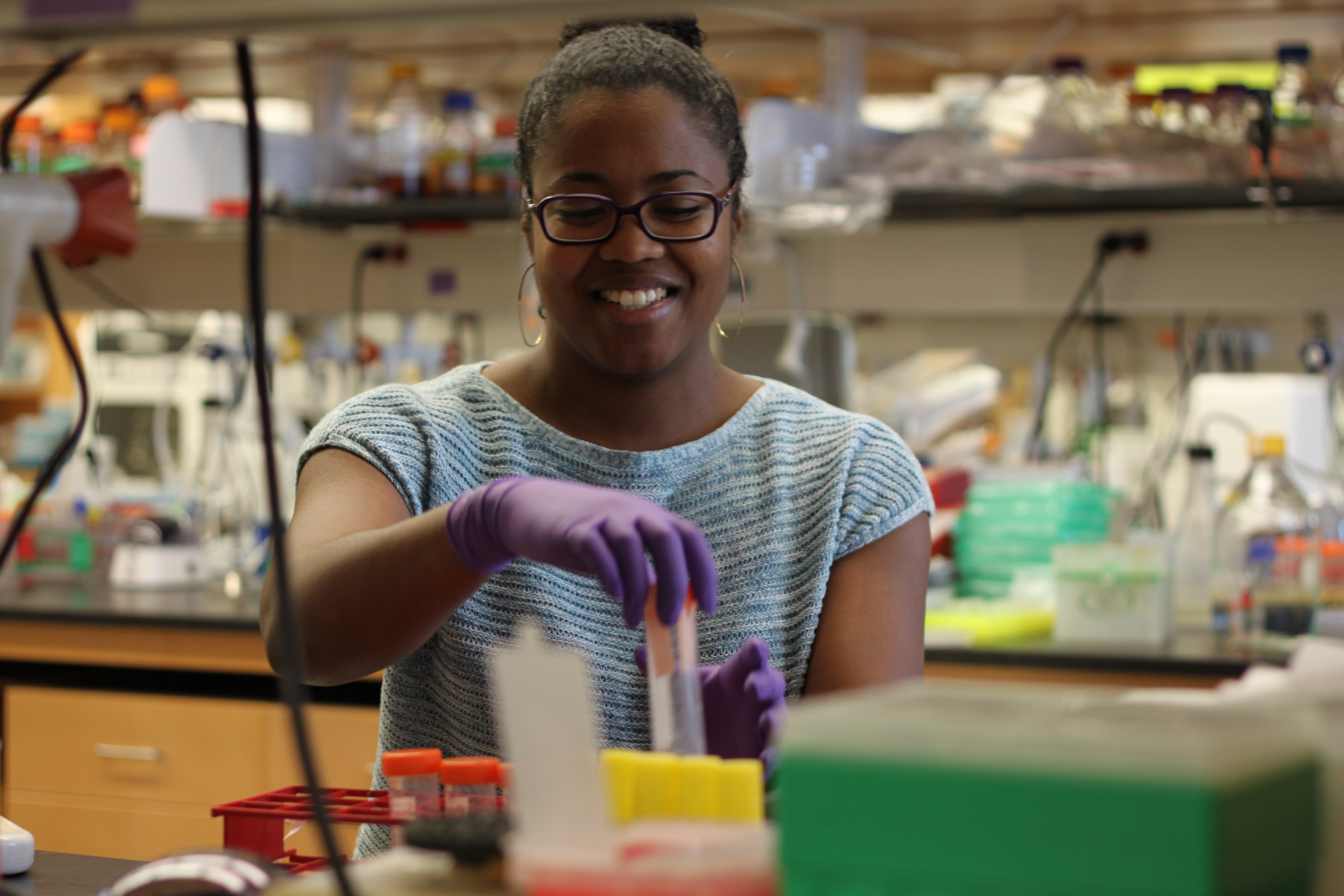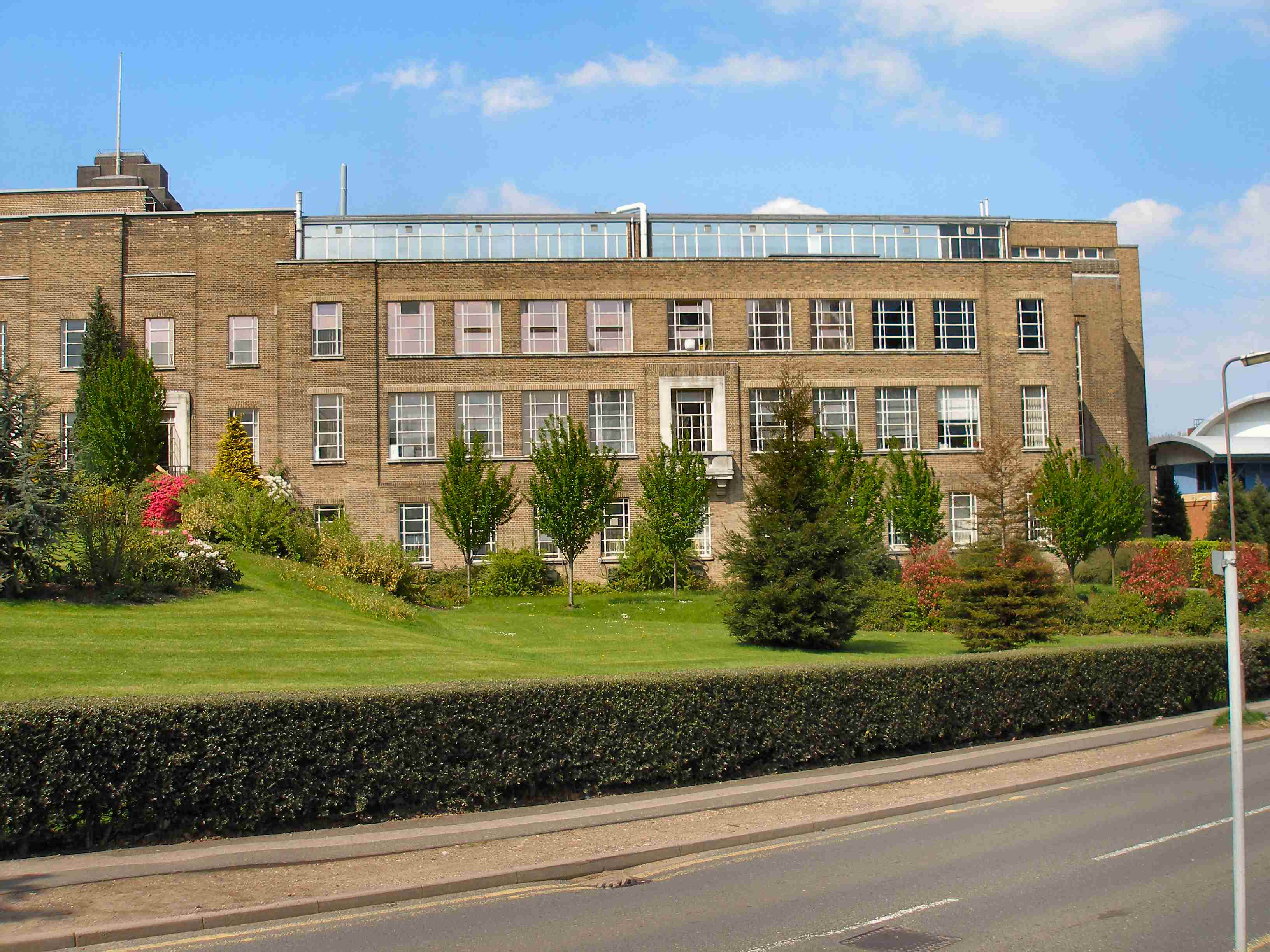|
University Of Birmingham Medical School
The University of Birmingham Medical School is one of Britain's largest and oldest medical schools with over 400 medical, 70 pharmacy, 140 biomedical science and 130 nursing students graduating each year. It is based at the University of Birmingham in Edgbaston, Birmingham, United Kingdom. Since 2008, the medical school is a constituent of The College of Medical and Dental Sciences. History The roots of the Birmingham Medical School were in the medical education seminars of Mr. John Tomlinson, first surgeon to the Birmingham Workhouse Infirmary and later to the General Hospital. These classes were the first held in the winter of 1767–68. The first clinical teaching was undertaken by medical and surgical apprentices at the General Hospital, opened in 1779. Birmingham Medical School was founded in 1825 by William Sands Cox, who began by teaching medical students in his father's house in Birmingham. A new building was used from 1829 (on the site of what is now Snow Hill ... [...More Info...] [...Related Items...] OR: [Wikipedia] [Google] [Baidu] |
William Sands Cox
William Sands Cox (1802 in Birmingham – 23 December 1875 in Kenilworth) was a surgeon in Birmingham, England. He founded Birmingham's first medical school in 1825 as a residential Anglican-based college in Temple Row, where a blue plaque commemorates him on the House of Fraser department store, and in Brittle Street (now obliterated by Birmingham Snow Hill railway station, Snow Hill station). Cox went on to found the Queen's Hospital in Bath Row (Drury & Bateman, opened 1841) as a practical resource for his medical students. The Birmingham School of Medicine and Surgery became the Birmingham Royal School of Medicine and Surgery in 1836 and then the Queen's College, Birmingham, Queen's College in 1843 by Royal Charter. Cox's ambition was for the college to teach arts, law, engineering, architecture and general science as well as medicine, surgery and theology. However, after a major split in the organisation, the non-theological departments moved off into Mason Science College ... [...More Info...] [...Related Items...] OR: [Wikipedia] [Google] [Baidu] |
Mason Science College
Mason Science College was a university college in Birmingham, England, and a predecessor college of Birmingham University. Founded in 1875 by industrialist and philanthropist Sir Josiah Mason, the college was incorporated into the University of Birmingham in 1900. Two students of the college, Neville Chamberlain and Stanley Baldwin, later went on to become Prime Ministers of the UK. History The college was established by an English industrialist and philanthropist Sir Josiah Mason in 1875. The building of the college in Edmund Street, Birmingham was designed by Jethro Cossins and opened on 1 October 1880 and was marked by a speech by Thomas Henry Huxley. In the speech, Huxley considered the opening of the college as a victory for scientific cause and supported Mason's antagonistic views on the classics and theology. The college developed various liberal and vocational subjects, but forced out the artisans. The medical and scientific departments of Queen's College, Birmingh ... [...More Info...] [...Related Items...] OR: [Wikipedia] [Google] [Baidu] |
Physiotherapy
Physical therapy (PT), also known as physiotherapy, is one of the allied health professions. It is provided by physical therapists who promote, maintain, or restore health through physical examination, diagnosis, management, prognosis, patient education, physical intervention, rehabilitation, disease prevention, and health promotion. Physical therapists are known as physiotherapists in many countries. In addition to clinical practice, other aspects of physical therapist practice include research, education, consultation, and health administration. Physical therapy is provided as a primary care treatment or alongside, or in conjunction with, other medical services. In some jurisdictions, such as the United Kingdom, physical therapists have the authority to prescribe medication. Overview Physical therapy addresses the illnesses or injuries that limit a person's abilities to move and perform functional activities in their daily lives. PTs use an individual's history and physic ... [...More Info...] [...Related Items...] OR: [Wikipedia] [Google] [Baidu] |
Nursing
Nursing is a profession within the health care sector focused on the care of individuals, families, and communities so they may attain, maintain, or recover optimal health and quality of life. Nurses may be differentiated from other health care providers by their approach to patient care, training, and scope of practice. Nurses practice in many specialties with differing levels of prescription authority. Nurses comprise the largest component of most healthcare environments; but there is evidence of international shortages of qualified nurses. Many nurses provide care within the ordering scope of physicians, and this traditional role has shaped the public image of nurses as care providers. Nurse practitioners are nurses with a graduate degree in advanced practice nursing. They are however permitted by most jurisdictions to practice independently in a variety of settings. Since the postwar period, nurse education has undergone a process of diversification towards advanced a ... [...More Info...] [...Related Items...] OR: [Wikipedia] [Google] [Baidu] |
Dentistry
Dentistry, also known as dental medicine and oral medicine, is the branch of medicine focused on the teeth, gums, and mouth. It consists of the study, diagnosis, prevention, management, and treatment of diseases, disorders, and conditions of the mouth, most commonly focused on dentition (the development and arrangement of teeth) as well as the oral mucosa. Dentistry may also encompass other aspects of the craniofacial complex including the temporomandibular joint. The practitioner is called a dentist. The history of dentistry is almost as ancient as the history of humanity and civilization with the earliest evidence dating from 7000 BC to 5500 BC. Dentistry is thought to have been the first specialization in medicine which have gone on to develop its own accredited degree with its own specializations. Dentistry is often also understood to subsume the now largely defunct medical specialty of stomatology (the study of the mouth and its disorders and diseases) for which reas ... [...More Info...] [...Related Items...] OR: [Wikipedia] [Google] [Baidu] |
Pharmacy
Pharmacy is the science and practice of discovering, producing, preparing, dispensing, reviewing and monitoring medications, aiming to ensure the safe, effective, and affordable use of medicines. It is a miscellaneous science as it links health sciences with pharmaceutical sciences and natural sciences. The professional practice is becoming more clinically oriented as most of the drugs are now manufactured by pharmaceutical industries. Based on the setting, pharmacy practice is either classified as community or institutional pharmacy. Providing direct patient care in the community of institutional pharmacies is considered clinical pharmacy. The scope of pharmacy practice includes more traditional roles such as compounding and dispensing of medications. It also includes more modern services related to health care including clinical services, reviewing medications for safety and efficacy, and providing drug information. Pharmacists, therefore, are experts on drug therapy and a ... [...More Info...] [...Related Items...] OR: [Wikipedia] [Google] [Baidu] |
Biomedical Science
Biomedical sciences are a set of sciences applying portions of natural science or formal science, or both, to develop knowledge, interventions, or technology that are of use in healthcare or public health. Such disciplines as medical microbiology, clinical virology, clinical epidemiology, genetic epidemiology, and biomedical engineering are medical sciences. In explaining physiological mechanisms operating in pathological processes, however, pathophysiology can be regarded as basic science. Biomedical Sciences, as defined by the UK Quality Assurance Agency for Higher Education Benchmark Statement in 2015, includes those science disciplines whose primary focus is the biology of human health and disease and ranges from the generic study of biomedical sciences and human biology to more specialised subject areas such as pharmacology, human physiology and human nutrition. It is underpinned by relevant basic sciences including anatomy and physiology, cell biology, biochemistry, ... [...More Info...] [...Related Items...] OR: [Wikipedia] [Google] [Baidu] |
Medicine
Medicine is the science and practice of caring for a patient, managing the diagnosis, prognosis, prevention, treatment, palliation of their injury or disease, and promoting their health. Medicine encompasses a variety of health care practices evolved to maintain and restore health by the prevention and treatment of illness. Contemporary medicine applies biomedical sciences, biomedical research, genetics, and medical technology to diagnose, treat, and prevent injury and disease, typically through pharmaceuticals or surgery, but also through therapies as diverse as psychotherapy, external splints and traction, medical devices, biologics, and ionizing radiation, amongst others. Medicine has been practiced since prehistoric times, and for most of this time it was an art (an area of skill and knowledge), frequently having connections to the religious and philosophical beliefs of local culture. For example, a medicine man would apply herbs and say prayers for healing, o ... [...More Info...] [...Related Items...] OR: [Wikipedia] [Google] [Baidu] |
Birmingham Dental Hospital
Birmingham Dental Hospital is a dental facility in Mill Pool Way, Birmingham, West Midlands, England. The hospital is managed by the Birmingham Community Healthcare NHS Foundation Trust. History The facility was originally established at Odd Fellows Hall on Temple Street as the Birmingham Dental Dispensary in January 1858. It moved to 2 Upper Priory in 1863 and to 9 Broad Street in 1871 and, after being formally constituted as the Birmingham Dental Hospital in 1880, it relocated to 71 Newhall Street in 1882. It moved again, this time to 132 Great Charles Street in 1905 and then re-located to purpose-built facilities, designed by S. N. Cooke & Partners, in St Mary's Row (later known as St Chad's Queensway) in 1966. After the old St Mary's Row facility became decrepit, planning consent for a new facility to be located on the site of the former Pebble Mill Studios was obtained in November 2012. The new facility was procured under a private finance initiative contract in 2013 and ... [...More Info...] [...Related Items...] OR: [Wikipedia] [Google] [Baidu] |
Scott Wilson Group
Scott Wilson Group plc was a global integrated design and engineering consultancy with its headquarters in the United Kingdom. Founded as a civil engineering firm in 1951, the company broadened its range of services through acquisitions. Scott Wilson offered consultancy and professional services in the railways, buildings and infrastructure, environment and natural resources and roads sectors, and at its peak employed 5,500 people in 80 offices worldwide. Scott Wilson became a public limited company in 2006, and in 2010 was purchased by URS Corporation that in turn was purchased by AECOM. History Sir Cyril Kirkpatrick (1872–1957) was Chief Engineer to the Port of London Authority from 1913 to 1924, when he established his own firm specialising in docks, harbours and sea defences. During World War II, Kirkpatrick advised on the construction of the concrete caissons which formed the Mulberry Harbour that facilitated the D-Day landings. In 1945 engineers William Scott and Dr ... [...More Info...] [...Related Items...] OR: [Wikipedia] [Google] [Baidu] |
Janet Parker
The 1978 smallpox outbreak in the United Kingdom resulted in the death of Janet Parker, a British medical photographer, who became the last recorded person to die from smallpox. Her illness and death, which was connected to the deaths of two other people, led to the Shooter Inquiry, an official investigation by government-appointed experts triggering radical changes in how dangerous pathogens were studied in the UK. The Shooter Inquiry found that Parker was accidentally exposed to a strain of smallpox virus that had been grown in a research laboratory on the floor below her workplace at the University of Birmingham Medical School. Shooter concluded that the mode of transmission was most likely airborne through a poorly maintained service duct between the two floors. However, this assertion has been subsequently challenged, including when the University of Birmingham was acquitted following a prosecution for breach of Health and Safety at Work etc. Act 1974, Health and Safety legi ... [...More Info...] [...Related Items...] OR: [Wikipedia] [Google] [Baidu] |
London Review Of Books
The ''London Review of Books'' (''LRB'') is a British literary magazine published twice monthly that features articles and essays on fiction and non-fiction subjects, which are usually structured as book reviews. History The ''London Review of Books'' was founded in 1979, when publication of ''The Times Literary Supplement'' was suspended during the year-long lock-out at ''The Times''. Its founding editors were Karl Miller, then professor of English at University College London; Mary-Kay Wilmers, formerly an editor at ''The Times Literary Supplement''; and Susannah Clapp, a former editor at Jonathan Cape. For its first six months, it appeared as an insert in ''The New York Review of Books''. It became an independent publication in May 1980. Its political stance has been described by Alan Bennett, a prominent contributor, as "consistently radical". Unlike ''The Times Literary Supplement'' (TLS), the majority of the articles the ''LRB'' publishes (usually fifteen per issue) are ... [...More Info...] [...Related Items...] OR: [Wikipedia] [Google] [Baidu] |



.jpg)


.jpg)

